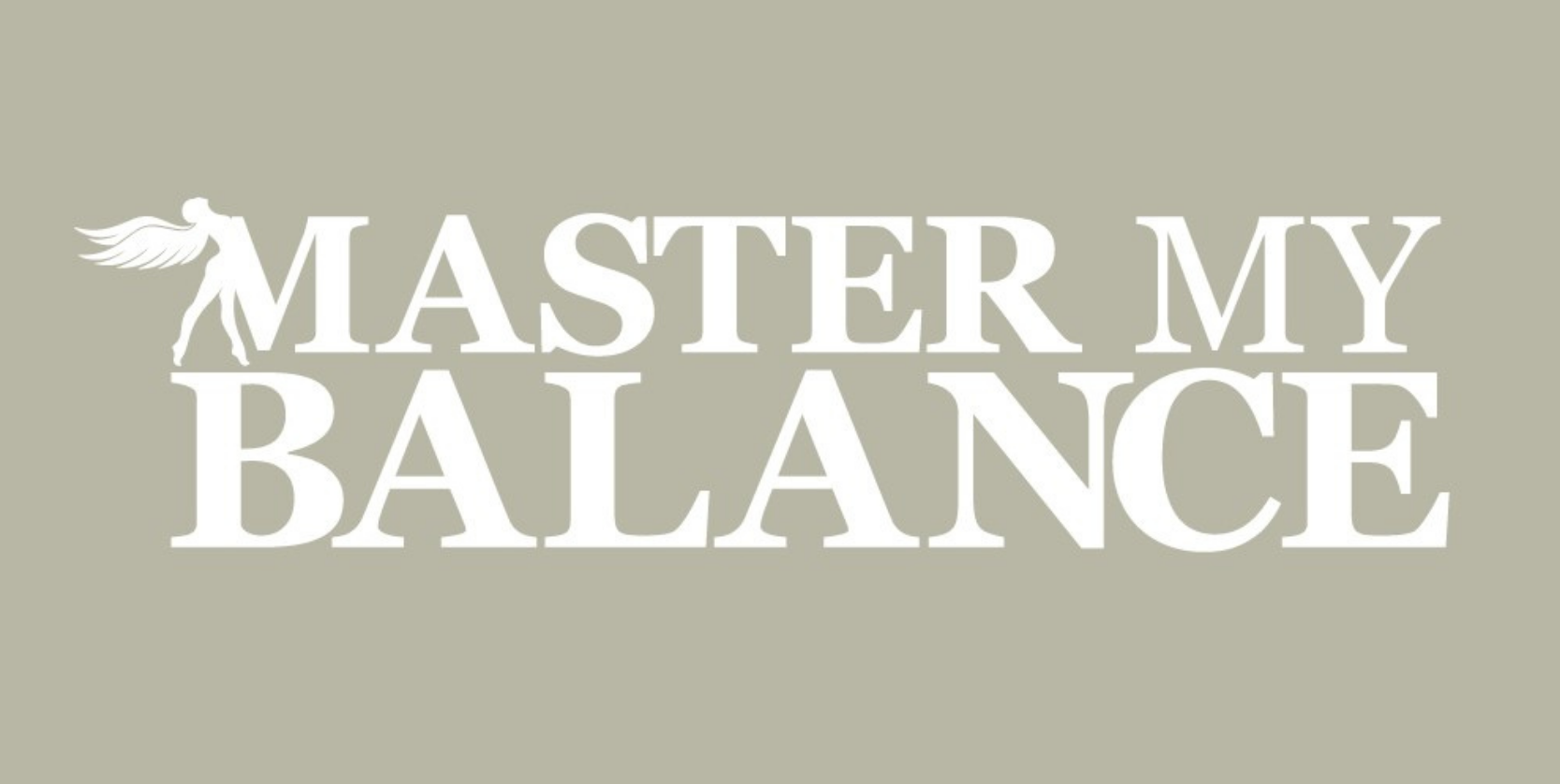Taxes may seem like an inevitable part of life, but did you know there are smart strategies to improve your tax situation and keep more of your hard-earned money? In this blog post, we’ll explore valuable tips and insights to help you review your taxes and achieve financial success.
Make the Most of Pension Tax Relief
Put simply, a pension is a tax efficient way to save money for use in your retirement. Many individuals find the drop from their weekly wage to the state pension a very difficult transition. As at September 2023, the state pension contributory rate is €265.30 per week.
The contributions you make to your pension can benefit from tax relief up to a specified limit. These contributions effectively reduce your taxable income. The limit to the amount of your salary you can save tax free to your pension is set by Revenue. These limits are in reference to your age, you can find out further information on this from Revenue. It is important to ensure you have enough income to meet your retirement needs so the sooner you start contributing to a pension the better. Keep in mind that it’s never too late to start! Consider maximizing your contributions to avail of the tax advantages and secure your financial future in retirement.
Deductible Expenses: Know the Ropes
Familiarize yourself with eligible deductions, such as medical expenses. Some examples of qualifying health expenses include GP and consultant costs, non-routine dental treatments, and prescribed medicines. Be sure to check your eligibility to Flat Rate Expenses also as many individuals completely forget to claim these. You can check the revenue website here to see if there are Flat Rate Expenses you may be able to claim.
Do you have self-employment income? If so, be sure to claim all deductions you are eligible for. As a self-employed individual, you’re entitled to claim various business-related expenses as deductions, lowering your overall taxable income and potentially boosting your tax refund. However, it’s essential to differentiate between personal and business expenses. Only legitimate business expenditures are eligible for deductions. By claiming these deductions, you can reduce your taxable income and keep more of your money in your pocket.
Ensure you keep meticulous records of your business expenses, everything from office supplies to travel costs. These expenses can significantly impact your tax liability. Engage with an accountant who is familiar with the industry you work in to maximize your deductions while remaining compliant with tax legislation.
Explore Tax Credits
Tax credits are a valuable tool. They provide a direct reduction in your tax liability, making them highly beneficial. Some common tax credits that individuals overlook include the Home Carer’s Tax Credit, Dependant Relative Tax Credit and Age Tax Credit. Explore the available tax credits to maximize your savings.
Stay Compliant and Seek Professional Guidance
If your financial situation is complex or you’re uncertain about your tax obligations, seek advice from a qualified tax advisor or accountant. Their expertise will provide peace of mind and ensure your tax planning is aligned with your legal obligations. Compliance with tax legislation is essential for a successful tax planning strategy.
Where to Start?
Start now by reviewing your payslip to ensure you are availing of all the reliefs/allowances you are entitled to. Start with the Standard Rate Cut-Off Point (SRCOP) – are you on the correct rate? The rate differs depending on your circumstances i.e., single, married, widowed, lone parent.
Next examine your tax credits, are you receiving all credits you are eligible for? The bigger your tax credits, the less tax you pay!
Examples of how your SRCOP and Tax Credits impact your earnings.
E.g. 1
Sally is single so her SRCOP is €40,000 (rates applicable to 2023). This means the first €40,000 of Sally’s earnings is taxed at 20% and everything after that is taxed at 40%.
If Sally’s gross annual earnings are €60,000. It gets taxed as follows.
First 40,000 @20% = 8,000
Next 20,000 @40% = 8,000
Gross tax due = 16,000
Now let’s demonstrate the power of tax credits! Sallys gross tax due is €16,000 but she still must deduct her eligible tax credits. In addition to her tax credits, Sally also has qualifying medical expenses of €600 she incurred, which she can claim 20% relief on.
Gross tax due = €16,000
Less tax credits:
Single person tax credit 1,775
PAYE tax credit 1,775
Medical expenses (600*20%) 120
Tax liability €12,330
As you can see, tax credits and medical expenses relief has reduced Sally’s tax liability from €16,000 to €12,330.
E.g. 2
Joan is single with one child. As a lone parent her SRCOP is €44,000 (rate applicable to 2023). This means the first €44,000 of Joan’s earnings is taxed at 20% and everything after that is taxed at 40%.
If Joans gross annual earnings are €50,000, she gets taxed as follows.
First 44,000 @20% = 8,800
Next 6,000 @40% = 2,400
Gross tax due = 11,200
Less tax credits:
Single person tax credit 1,775
PAYE tax credit 1,775
S.P. child carer tax credit 1,650
Tax liability 6,000
In this example, you can see tax credits have reduced Joan’s tax liability from €11,200 to €6,000.
The above examples are in their simplest form. The important point that you take from the examples is that by availing of all your eligible tax credits, you will reduce your overall tax liability! You can find out more on tax credits and the SRCOP on the Revenue website here.
Early planning allows you to optimize deductible expenses and tax credits, in addition to making the most of retirement accounts to minimize your tax liability effectively. By tackling taxes with a well-informed approach, you’ll pave the way for a brighter financial future.



Recent Comments